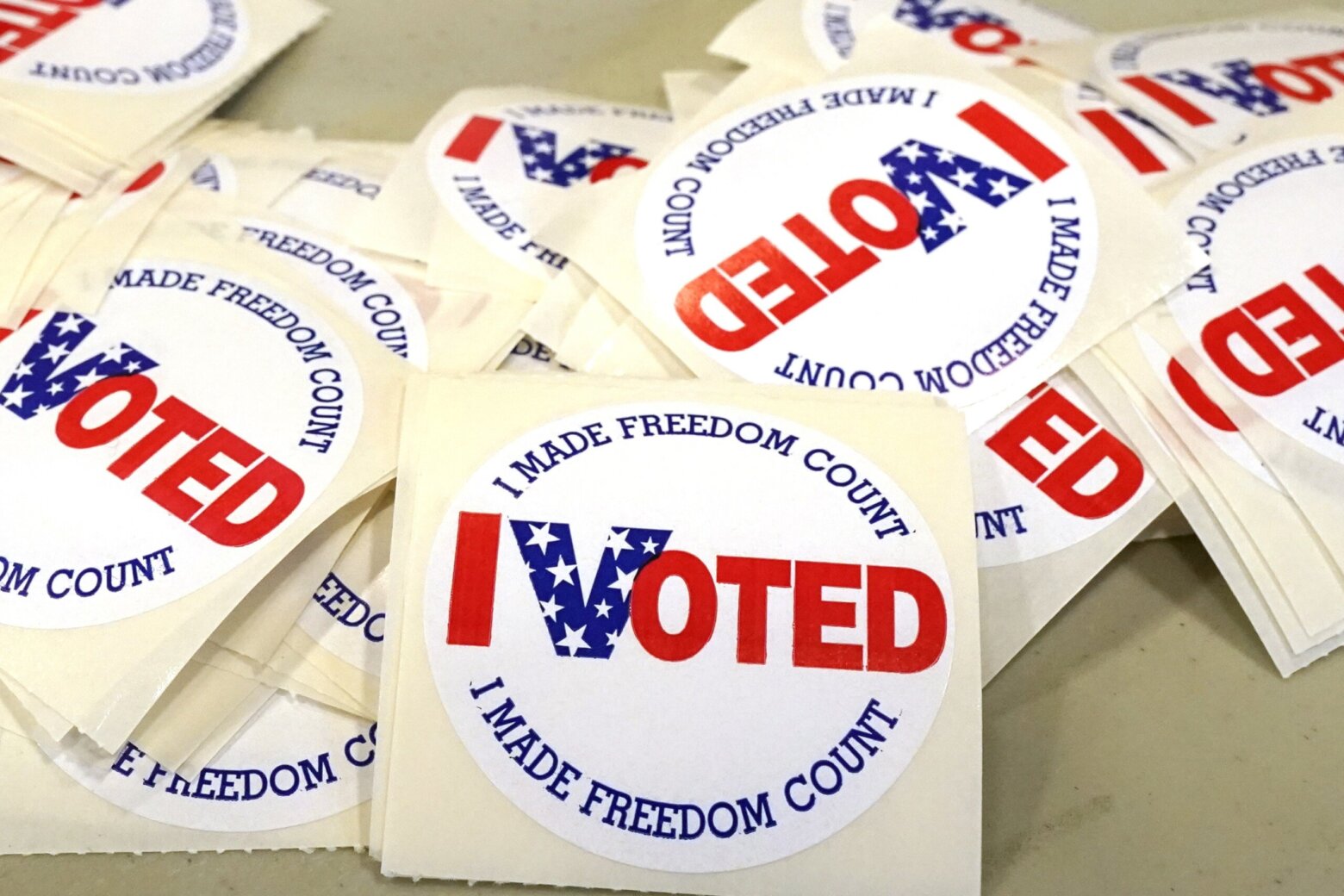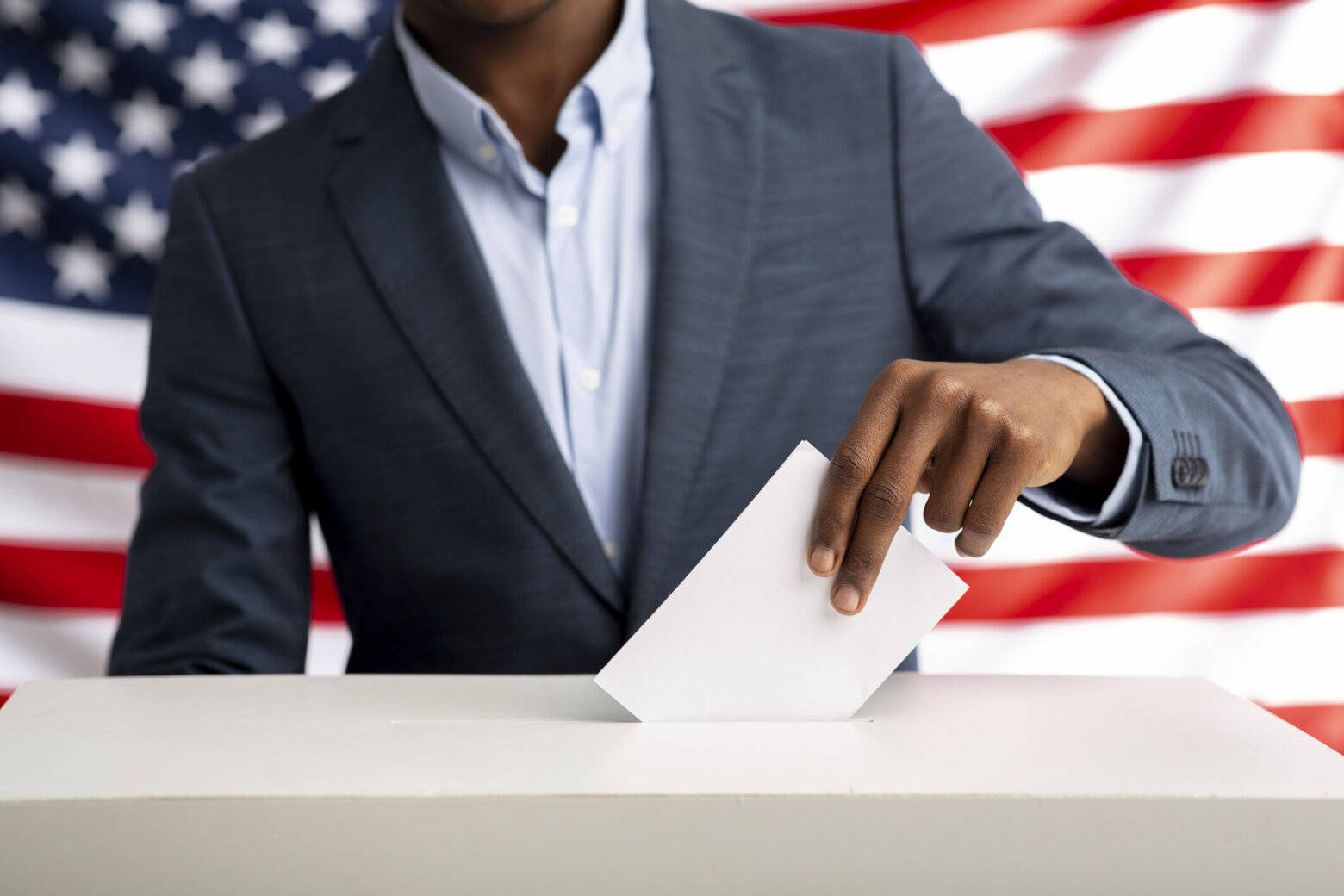Lurking at the heart of our extreme political dysfunction is a fundamentally flawed election process. The way we currently vote, everyone picks their favorite candidate, and whoever gets the most votes wins. This is called "plurality voting". Sometimes referred to as "first past the post" voting.
It sounds reasonable enough, and if there are only two candidates running it kind of works. But it breaks down when there are more than two candidates. It creates a situation where a candidate can win, even though a majority of the voters don't like them. This problem is called the "spoiler effect". And it happens fairly often.
One good example is the
1992 US Presidential Election. In that election there were three high-profile candidates. Bush Sr., Bill Clinton and Ross Perot. Conservative votes were split between Bush Sr.(37.4%) and Perot(18.9%). Bill Clinton won the election with only 43% of the vote - even though the majority of voters would have preferred a conservative President.
It happened again in 2000 when the liberal vote was split between Gore and Nader. Most Nader voters would have chosen Gore over Bush - Gore would have likely won if not for Nader being in the race.
The problem with the spoiler effect is broader than just electing the wrong candidate. To win, the major parties must discourage any like minded candidates from running in the same race. That's why the two major parties viciously attack third party candidates, even when they mostly agree with them - especially when they mostly agree with them. They actually encourage third party candidates that they disagree with, because that will split the vote of the other side. It's a backassward mess that causes a lot of unnecessary acrimony.
One way around the spoiler effect is requiring the winner to have at least 50% of the vote. Some states have implemented this (eg Georgia). The idea is that if no candidate gets more than 50% of the vote in the election, the "spoilers" are eliminated from the ballot, and everyone votes again in a runoff election. With only two candidates left, it's a certainty that one of them will get 50% of the vote.
But these runoff elections are expensive, time consuming (we might not know the results for weeks or months) and suffer from "voter fatigue" - the turnout for the runoffs is generally much lower than the initial vote. They also exclude third or fourth place vote-getters, who might have actually been the consensus winner if they'd eliminated the "spoilers" one at a time, instead of all at once.
So runoffs neutralize the spoiler effect, but most states have decided they aren't affordable and not worth the extra trouble.
This is the problem that vote-ranking systems solve. Instant Runoff Voting (IRV) or Ranked Choice Voting(RCV), lets voters rank the candidates in order of their preference. Essentially, the are casting their votes in potential runoff elections when they first go to the polls. You can, for example, say "Nader is my favorite, but if he's not close, I'd rather have Gore than Bush. Or "Perot is my favorite, but if he doesn't get a majority, I'd rather my vote go to Bush than Clinton".
It's a subtle change, but it has some really nice benefits. First of all, the major parties no longer have incentive to attack third party candidates. Instead of alienating third party voters, the major parties will have incentive to make an honest appeal to them. It also does away with the lesser of two evils conceit. I you really think Harris and Trump both suck, you can give your first place vote to a candidate you do like, yet still have some say if, in the end, Harris and Trump are the only two left.
This kind of reform is happening all over the country - mostly at the grass roots, local level. People recognize the improvement and like having a more expressive vote. But the two entrenched parties have taken note, and are fighting it vigorously. Turns out they kind of like seeing us limited to two choices (as long as they are one of the choices). They claim that the ballot is too complicated and that voters are too stupid to rank the candidates. Or they suggest it's a plot by the other side to trick voters! They site case studies where their candidate didn't win - which of course means the system is bad.

All of their complaints, that I've heard, fall apart on examination. Most of them don't even make sense because they don't understand how RCV works. They just know it will get rid of the lesser-of-two-evils fearmongering - and that's all they know.

